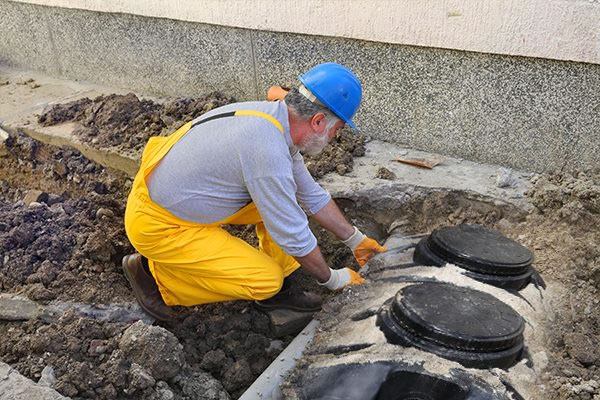
08
Tree roots infiltrating a septic system can lead to costly and time-consuming repairs. When roots invade the septic tank and its components, they can cause blockages, damage, and system failures. Understanding how to prevent root intrusion is crucial for maintaining the health of your septic system.
Tree roots naturally seek out moisture and nutrients, which makes your septic system an attractive target. Once roots infiltrate the septic tank, pipes, or drain field, they can cause significant damage. Regular maintenance and preventative measures are essential to avoid these issues.
When planning septic tank installation, select a location away from large trees and shrubs. The distance should be sufficient to prevent roots from reaching the system. Professionals at Charlotte Septic Pros can help determine the best placement to minimize the risk of root intrusion. Generally, maintaining a distance of at least 20 feet from trees is advisable.
Regular septic tank pumping and inspections by a professional septic company are crucial. Pumping the tank every three to five years helps prevent solid waste buildup, which can contribute to blockages and root intrusion. During inspections, professionals can identify early signs of root invasion and take corrective actions before significant damage occurs.
The drain field is a critical component of your septic system, so keeping it in good condition is essential. Avoid planting any vegetation other than grass over the drain field. Grass helps with soil stabilization and evapotranspiration, reducing the risk of roots penetrating the drain field. Additionally, avoid placing heavy objects or vehicles on the drain field to prevent soil compaction and damage to the pipes.
Excessive water usage can strain your septic system and create an environment conducive to root intrusion. Be mindful of water usage by fixing leaks promptly, using water-efficient fixtures, and spreading out water-intensive activities like laundry and dishwashing. Proper water management helps maintain the balance of your septic system and reduces the likelihood of root problems.
Using septic-safe products for cleaning and maintenance can prevent chemical imbalances that may attract roots. Harsh chemicals can disrupt the beneficial bacteria in your septic tank, leading to system inefficiencies and vulnerabilities. Choose products labeled as septic-safe to ensure the longevity and health of your septic system.
Despite preventive measures, roots may still find their way into your septic system. If you notice slow drains, gurgling sounds, or lush green patches over the septic area, it may indicate root intrusion. Contact Charlotte Septic Pros immediately to assess the situation. Professional septic tank repair services can remove roots, repair damaged components, and restore system functionality.
Preventing root intrusion is essential for maintaining a healthy and efficient septic system. By following these tips, including regular septic tank pumping, thoughtful planting, and the use of root barriers, homeowners can protect their septic systems from root damage. Engaging with a reliable septic company like Charlotte Septic Pros for routine inspections and septic tank cleaning will ensure that any potential issues are addressed promptly, preventing costly repairs and extending the life of your septic system. By taking these proactive steps, you can enjoy a trouble-free septic system and avoid the headaches caused by invasive roots.

14
Pump Now or Pay Later: The Real Cost of Skipping Maintenance A properly functioning septic system is easy to forget…
Read more
11
Why Your Septic System Always Acts Up at the Worst Time Homeowners often feel that septic problems strike at the…
Read more
04
Early Warning Signs Your Septic Tank Needs Pumping For homeowners who rely on a septic system, routine maintenance is not…
Read more
29
Why Does My Septic System Smell Fine One Day and Terrible the Next? If you own a home with a…
Read more
19
Is Your Septic System Overdue? Simple Home Checks You Can Do Today For many homeowners, the septic system is a…
Read more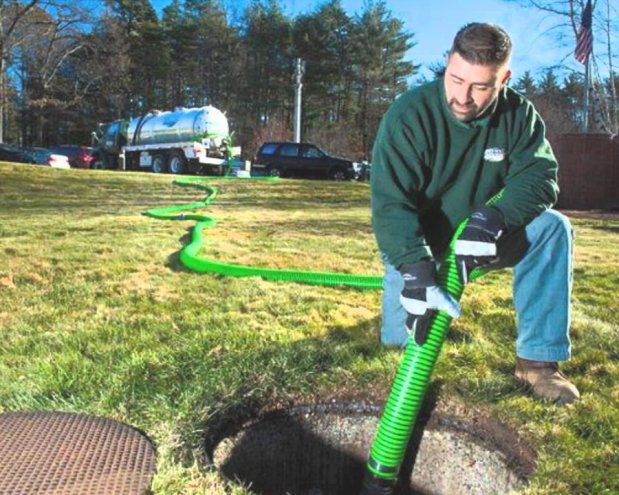
13
5 Signs Your Septic Tank Is Overdue for Pumping Your septic system works quietly behind the scenes, managing wastewater from…
Read more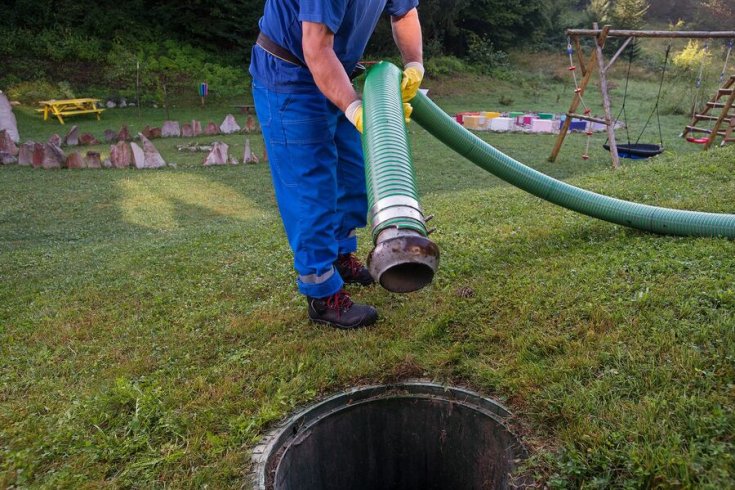
07
Do Septic Additives Really Work? Septic additives are everywhere. You’ll see them at hardware stores, advertised online, and often recommended…
Read more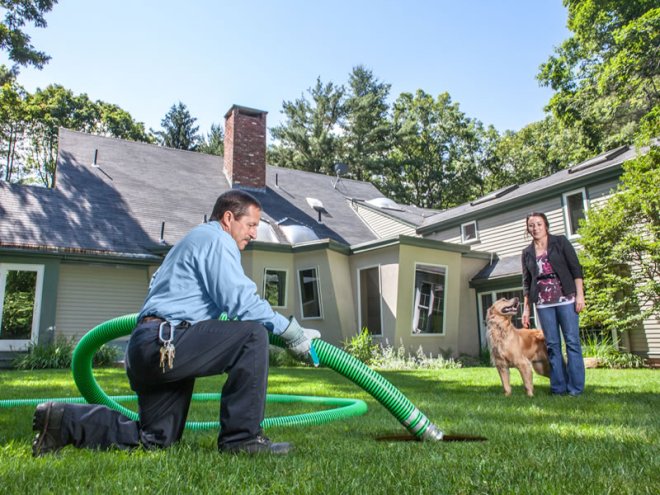
29
5 Things You’re Doing Every Day That Fill Up Your Septic Tank Faster Your septic system works quietly in the…
Read more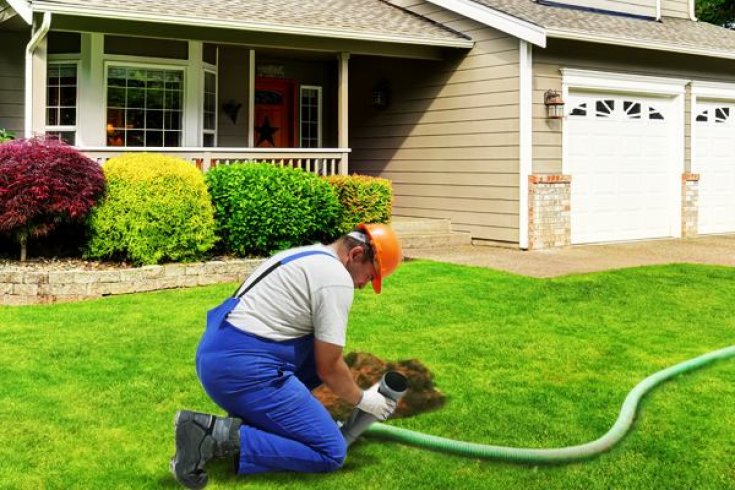
21
Is It Normal for Grass to Grow Greener Over My Septic Tank? If you’ve noticed a patch of grass in…
Read more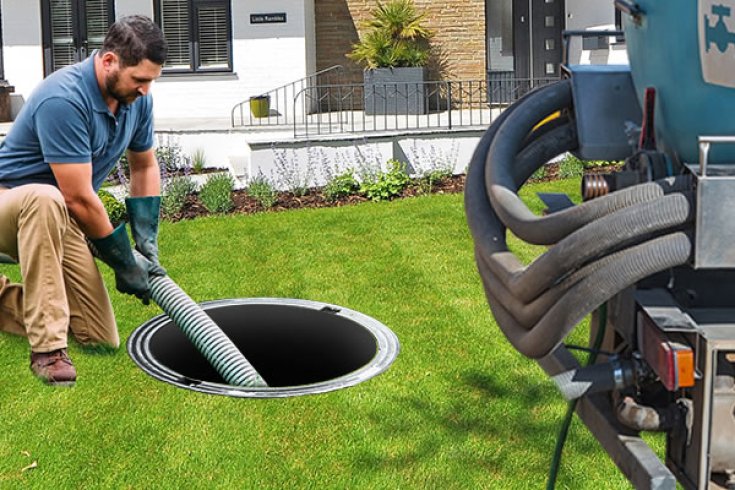
16
Why You Shouldn’t Wait Too Long to Pump Your Septic Tank A septic system works tirelessly behind the scenes to…
Read more